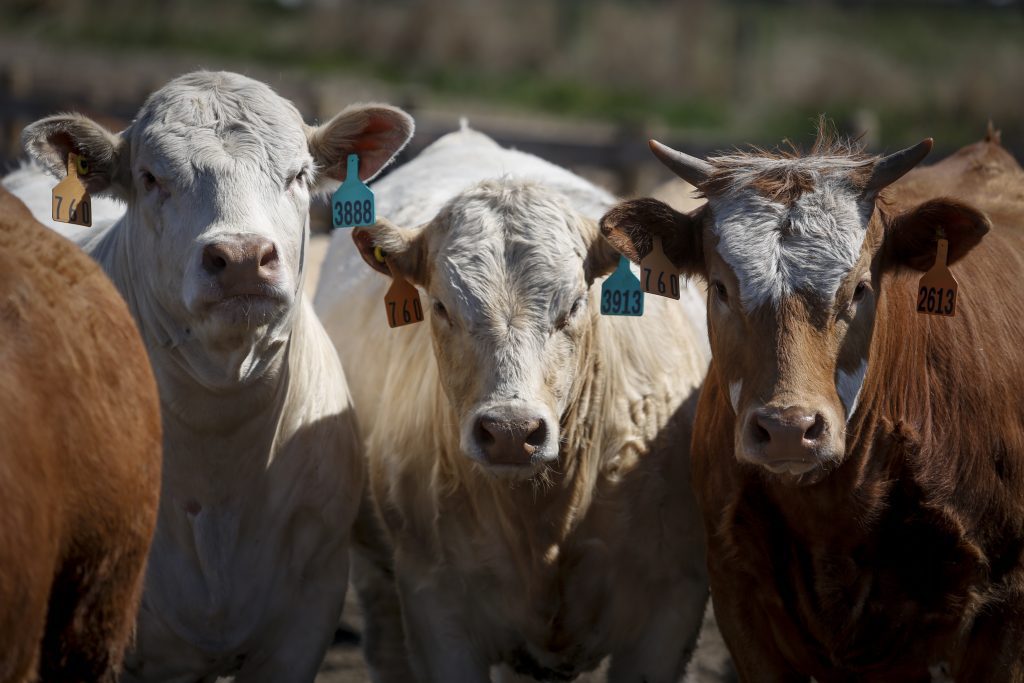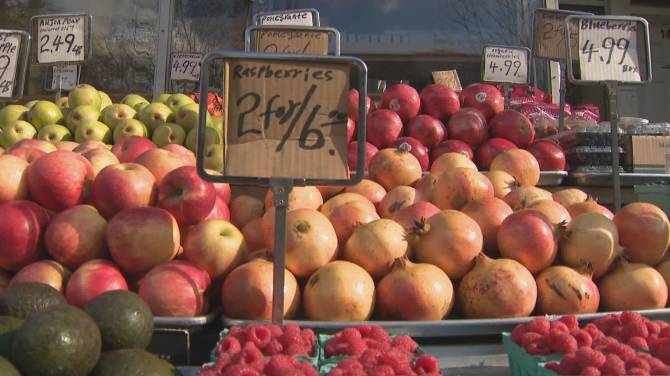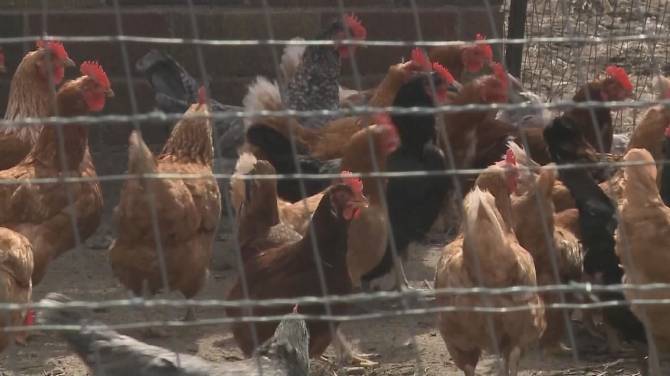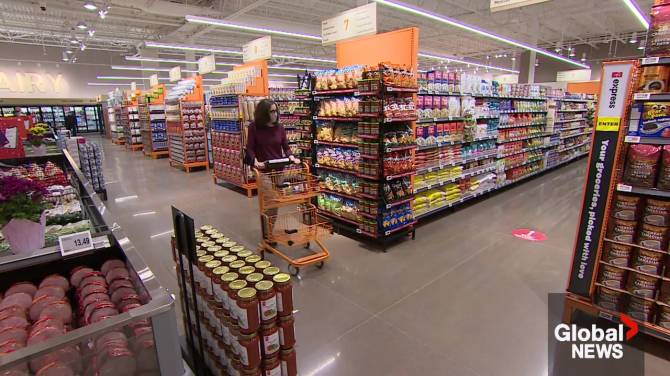There aren't many issues that receive support from all parties in Ottawa these days.
But when it comes to the system that controls the prices for egg, poultry and dairy products and sets production controls and import restrictions to protect Canadian farmers. all of Canada’s federal parties seem to agree.
Even though critics warn that Canadian consumers bear the cost, political backing for the controversial agricultural framework has stayed strong amid the country's affordability crisis.
Therefore, Ryan Cardwell, a University of Manitoba agricultural economics professor, doesn't place much value on what elected officials say about the subject.
Cardwell said, “They talk about food affordability, but they have a government-sanctioned cartel in staple foods.”
He added, “So, it’s talk. I don’t give it much credence.”
Canada’s supply management system sets prices for products and puts controls on production and imports to protect domestic farmers from foreign competition, guard against price volatility for their products and stabilize production levels.
It was first introduced in the dairy industry in the 1960s before expanding into eggs and poultry, and it exists instead of subsidies, which are common in the agricultural sector around the world.
Supporters of supply management argue that it benefits both producers and consumers by providing stability and predictability in prices and production.
However, economists often criticize the system for stifling competition, as economic theory suggests that more competition generally leads to lower prices.
The sharp increase in food prices after the pandemic has increased scrutiny of grocery giants and raised concerns about a lack of competition. The Liberal government recently made changes to the country’s competition law to address these concerns.
Since inflation took off in 2022, all parties have had more to say on competition.
For example, Conservatives and New Democrats both opposed a proposed banking merger between Royal Bank and HSBC, arguing it would reduce competition and lead to higher mortgage rates.
But concerns about weak competition in the Canadian economy don’t seem to exist when it comes to sectors covered by supply management.
During a news conference last month, Industry Minister François-Philippe Champagne reaffirmed the government’s support for the system.
Champagne stated, “Supply chain management is not on the table. This has provided stability and predictability to our farmers. This has been key to the fabric of our country.”
“Canadians want us to tackle the profits of the big firms. We’re not going after the small guys.”
Last June, the House of Commons passed legislation that would limit the ability of trade negotiators to make concessions on supply management.
The Bloc Québécois bill passed with 262 votes in favour, while 49 Conservative MPs and two Liberal MPs voted against it.
Former competition commissioner Melanie Aitken strongly criticizes supply management, which she called a very important and protected policy in Ottawa.
“If you want to benefit from trading with other countries, you need to realize that you can't have these very restrictive protective policies that deny access to our markets,” she explained.
From a perspective of affordability, Aitken stated that controlling prices harms lower-income earners the most.
“It is actually quite regressive in its nature, favoring one group of farmers over everyone else who may be struggling to make ends meet and put dinner on the table.”
Work co-authored by Cardwell in 2015 found that supply management costs the poorest households $339 annually, which makes up about 2.3 percent of their income.
Cardwell suggested it’s reasonable to discuss how much of higher prices can be attributed to supply management, but “no one credible argues that prices aren’t higher.”
The study subsequently earned the researchers the Vanderkamp Prize from the Canadian Economics Association. However, supporters of supply management have questioned the research, and lobby groups fervently deny that the system raises prices for consumers.
Bruce Muirhead, a history professor at the University of Waterloo, strongly supports supply management and holds a research position funded by a lobby group for egg farmers.
He expressed his admiration for the system before assuming his role as Chair of Egg Farmers of Canada in public policy.
“I think that economists, for the most part, they base their findings on ideology,” said Muirhead.
“There’s just this sort of implicit assumption, if it’s regulated … then it just can’t be competitive. But that is absolutely not the case.”
He argues that the agricultural industry should be approached differently by the government because it is responsible for producing essential goods: food.
Supply management also enhances rural sustainability by protecting smaller farms; without it, he claimed, Canada would be overwhelmed with American milk.
In comments to The Canadian Press, associations representing egg and dairy farmers contended that supply management provides stability during a time of increasing global instability.
“The experience from COVID is a reminder that depending on foreign industries or governments to supply Canadians in times of need is unwise,” stated the Dairy Farmers of Canada.
“It’s a border-proof solution that is critical to the food sovereignty of Canada (producing enough food to feed Canadians year-round) and the food security of our communities,” added the Egg Farmers of Canada.
Cardwell mentioned that he is currently working on a follow-up study examining the support for supply management among Canadians and political parties.
“We’ve actually been spending quite a lot of time investigating … what explains the support for this policy among voters and among politicians,” he said.
His research shows that the majority of Canadians favor supply management, but he cautions that many people don’t fully comprehend the system and its implications.
Cardwell mentioned that people who are in favor of redistributive measures were less supportive of supply management when they learned that it disproportionately affected low-income people.
According to his research, people who support international trade and those who vote for the Conservative Party of Canada are more likely to oppose supply management.
Cardwell said that none of that equates to political parties.
The NDP’s agriculture critic defended supply management in a statement, pointing out that countries like Australia and New Zealand have heavily subsidized their sectors and experienced price volatility leading to many farm closures.
Alistair MacGregor stated that Canada has avoided these problems because of supply management.
The Conservatives did not respond to a request for comment.






